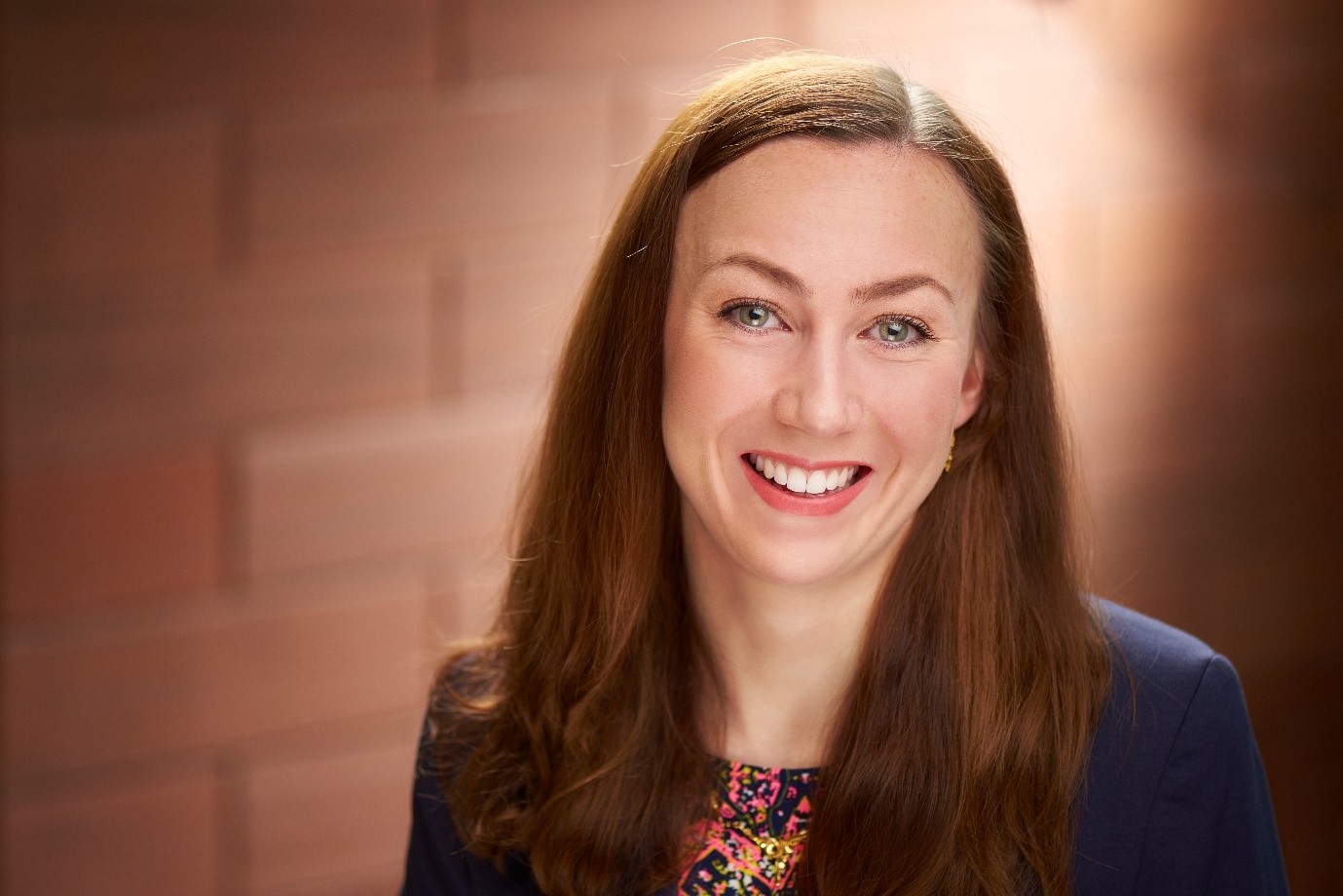Research Shorts: Bringing Informal Learning into Music Education
6th February 2024

Dr Anna Mariguddi, Lecturer in Music Education at Edge Hill
This very grey week in February has been brightened up by hearing about Dr Anna Mariguddi’s research in supporting student music teachers to use informal music learning in their teaching practice. Anna’s work will encourage music teachers at all stages to find new ways to work with their pupils.
What is informal learning and how can it be used in music?
This project is about taking the values and ideas of informal learning into music education settings, but first of all, teaching student teachers how they might do that. It aimed to ‘identify space in music education policy that did allow for an informal learning approach – re-examining our own interpretations of policy and expectations throughout.’
Anna, who carried out this project with her colleague, Dr Ian Shirley, explained the context for talking about this kind of learning, telling me that we are in a very formal moment for music education: ‘a perceived age of pedagogical traditionalism for student teachers in primary music education’. So for student teachers, the tension seems obvious.
Anna went on: ‘Informal learning was seen as being ‘different’ at a time when the student teachers wanted to adhere closely to professional expectations and ‘norms’ (they were close to gaining their qualification).’ Perhaps unsurprisingly, this lead to ‘anxiety about aspects of informal learning that were out of their ‘comfort zones’, both as musicians and as teachers; and relinquishing elements of teacher control.’
Working with student music teachers
How did they introduce student teachers to this alternate approach? ‘We facilitated timetabled sessions to familiarise our students with an informal learning approach and relevant underpinning research. Students experienced the approach themselves as musicians in small groups (learning a piece of popular music of their choice, by ear, in friendship groups), then they planned a learning episode for primary school children that was based upon the ethos of informal learning.’ She outlined the next steps:
‘We encouraged them to use an adapted and abbreviated version of informal learning to ensure that the task was appropriate for the context, where pupil choice, autonomy and aural learning were emphasised. Students facilitated the planned episode with a Year 5 group of primary school pupils, then reflected upon their experience gained throughout the project.’
What are the benefits? Anna explained ‘overall success – which some of our students were not expecting!’, as well as increased accessibility for aural learning, increased pupil control and making space for serendipity ‘which was liberating’. Crucially she says it allowed the ‘co-construction of music as a collective pursuit, nurturing a valuable sense of community.’
Next steps
Anna hopes music educators might use this work to continue to explore and reflect on what the values of informal learning might be in their own contexts:
‘We encourage educators to ‘hold their nerve’, and find opportunities in policy and practice to diversify the ways we can approach and facilitate music education – engaging in critical reflection and debate.’
Anna is a lecturer in music education and co-lead of the Inclusion, Diversity and Identity Research Network at Edge Hill University, North West England. She also teaches and supports primary student teachers and post-graduate research students. Prior to working in Higher Education, she worked as a secondary school music teacher. She explains ‘my background as a music learner was largely formal and traditional, which inspired me to explore alternative approaches as a researcher, such as informal learning – for its potential to increase student motivation and inclusion.’
Find out more about Anna’s work:
- Read the journal article (open access).
- Mariguddi A, Shirley I. Exploring the potential of informal music learning in a perceived age of pedagogical traditionalism for student teachers in primary music education. British Journal of Music Education. Published online 2023:1-14. doi:10.1017/S0265051723000402
- Twitter/X for Anna and for Edge Hill’s Education faculty.
Interview by Dr Sarah K Whitfield, Research Lead for Music Mark



